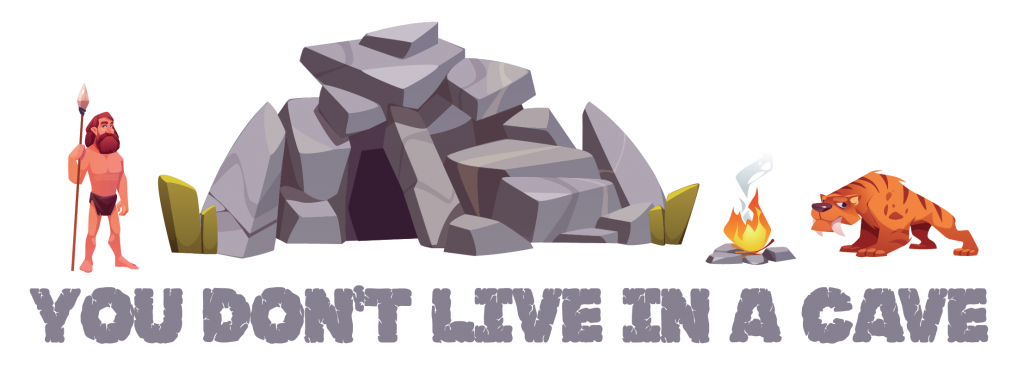It is the first day of class. Albert Einstein stands in front of a room full of eager college students.
Without a word, he begins writing simple math equations on the chalkboard:
9 x 1 = 9
9 x 2 = 18
9 x 3 = 27
9 x 4 = 36
9 x 5 = 45
9 x 6 = 54
9 x 7 = 63
9 x 8 = 72
9 x 9 = 82
9 x 10 = 90
After writing the ninth equation, whispers and muffled laughter resonate throughout the auditorium. When Einstein turns to inquire about the commotion, virtually every hand in the class goes up.
He then says, “You are all anxious to inform me that the answer to the ninth equation is incorrect.”
All of the hands in the class go down.
Einstein continues, “Isn’t it interesting that even though I wrote nine out of ten equations correctly, you are all anxious to point out the one I got wrong. That is your first lesson for today. Be aware that society tends to hyperfocus on and chastise you for the one thing you do wrong before giving you credit for all the things you do right.”
Have you ever given thought to this phenomenon? Why is it that humans tend to focus more on negative situations than positive ones? Why do we criticize more readily than we compliment?
In the world of journalism, there is a common expression… “If it bleeds, it leads.” This essentially means the more terrible an incident is, the more prominently it will be featured in the news.
Why do we obsess more on and rush to criticize the things we believe are wrong in the world, but rarely revel in all the things we believe are right? Why are we more impacted by negative events than positive ones?
My dad, Chubby, was acutely aware of this and I can still hear him say, “Greg, remember to rush with good news, delay with bad.” Essentially, he was teaching me to do the opposite of what most people do.
Psychologists refer to it as the “negativity bias” or “negativity effect”. It’s defined as:
“A cognitive bias that, even when of equal intensity, things of a negative nature have a greater effect on one’s psychological state than things of a positive nature.” In other words, something positive will have less of an impact on a person’s thoughts and behavior than something equally negative.
So why do we think this way?
The answer is… evolution.
Pretend you are a caveman or cavewoman living 40,000 years ago. Back then, you would be exposed to immediate environmental threats that are no longer of concern today. Most notably, predators. Being more attentive to negative stimuli was essential for survival.
But that was then.
Today this hardwired mental tendency is not nearly as useful because most of the negatives we encounter are not life threatening. Nevertheless, we’ve maintained a heightened response to negative circumstances. Heck, a lot of the time it doesn’t even involve us personally (like with news headlines).
A helpful thing to remember in your day to day interactions is that criticism typically affects people more than compliments. So be careful.
Another thing to remember is that fear of loss often evokes a stronger reaction than opportunity for gain. For example, in real estate I’ve seen that homeowners are more bummed when their homes go down in value than they are happy when they go up in value.
So think twice about criticizing, don’t get so stressed when you’re criticized, and remember that most of the things you fear are not as harmful as a sabertooth tiger wanting to eat you for dinner.
After all…you don’t live in a cave.












